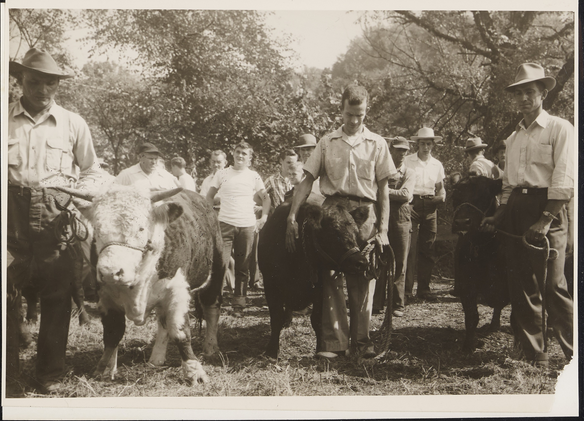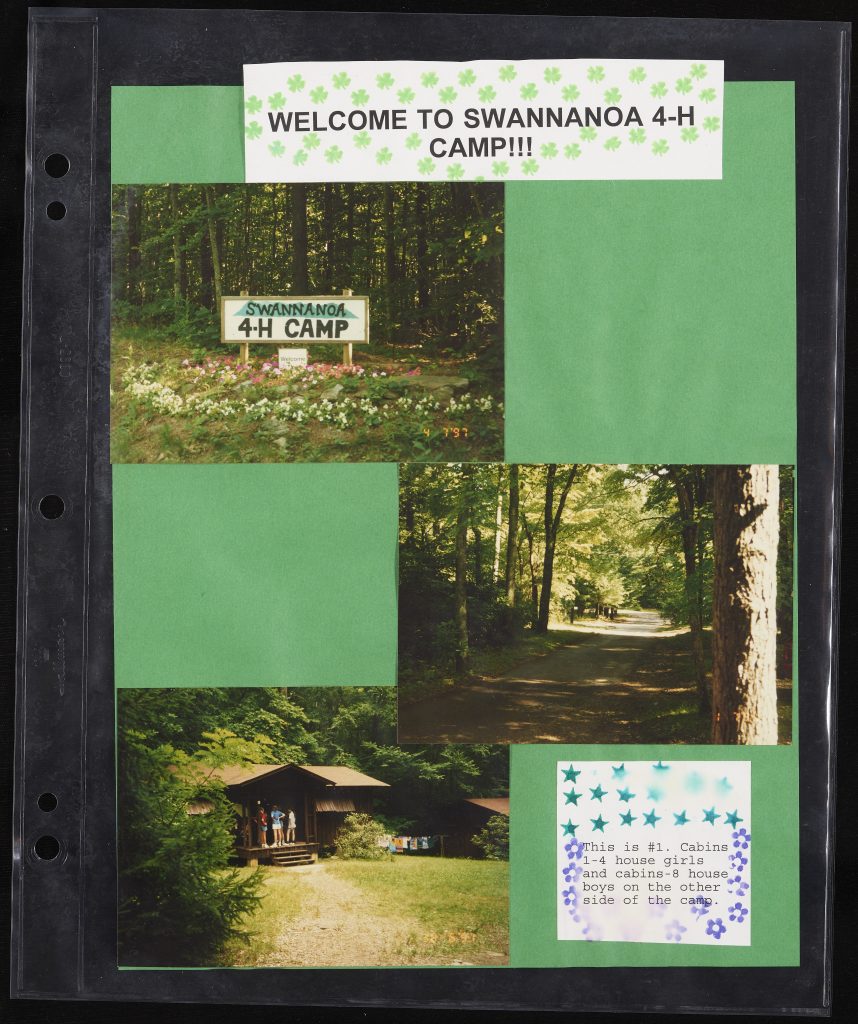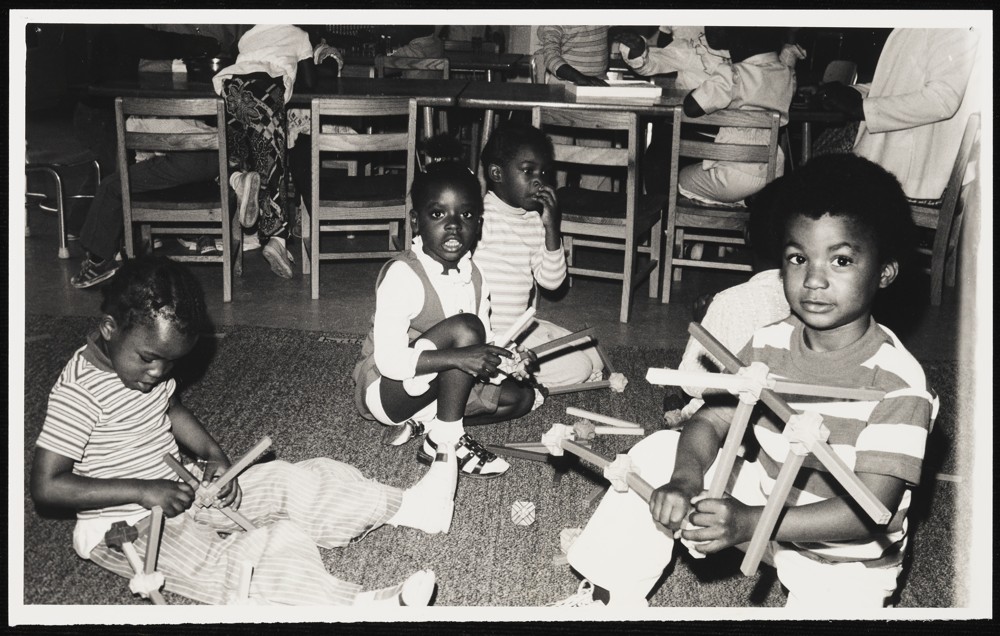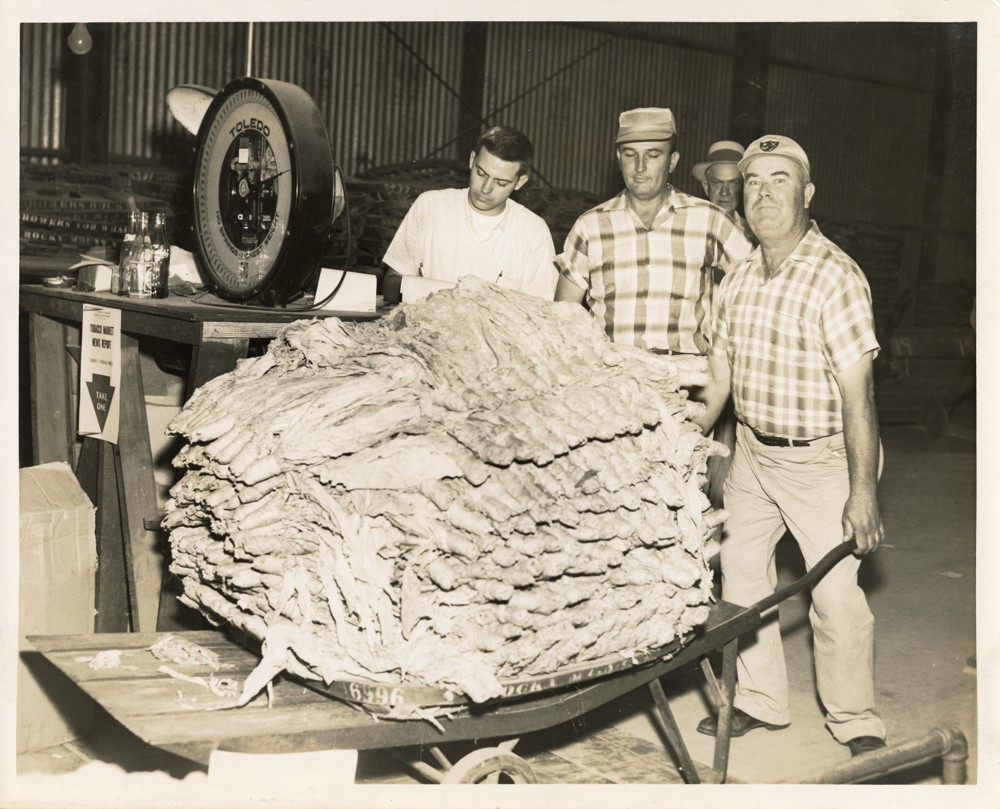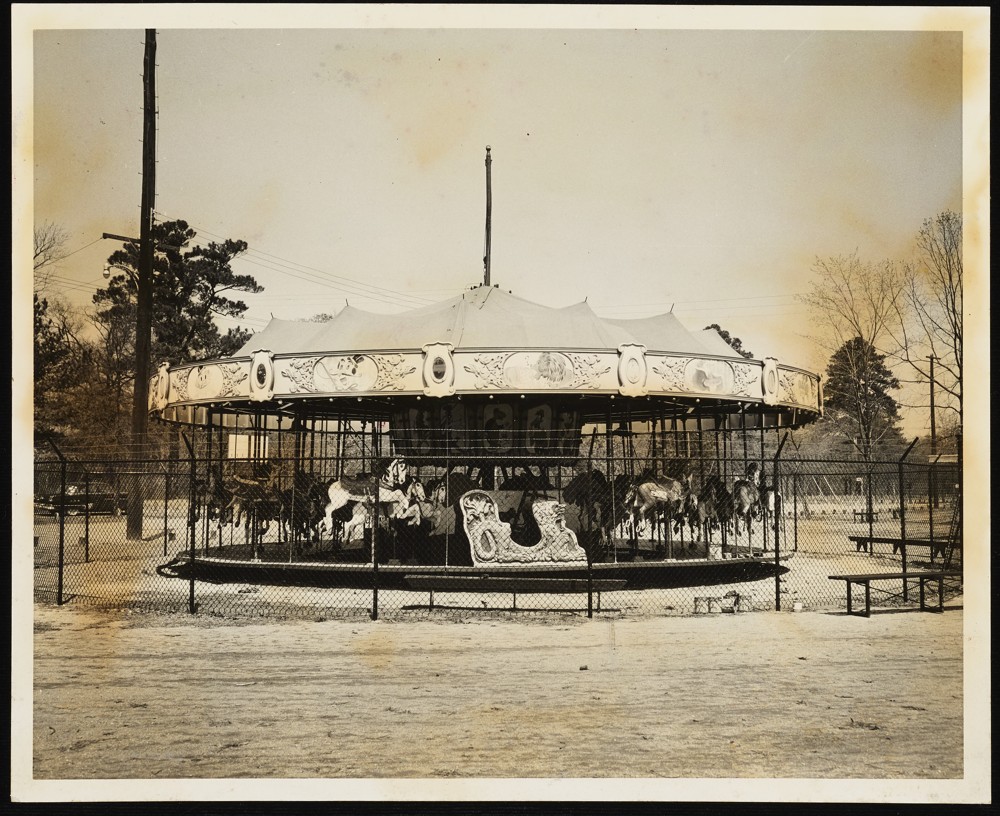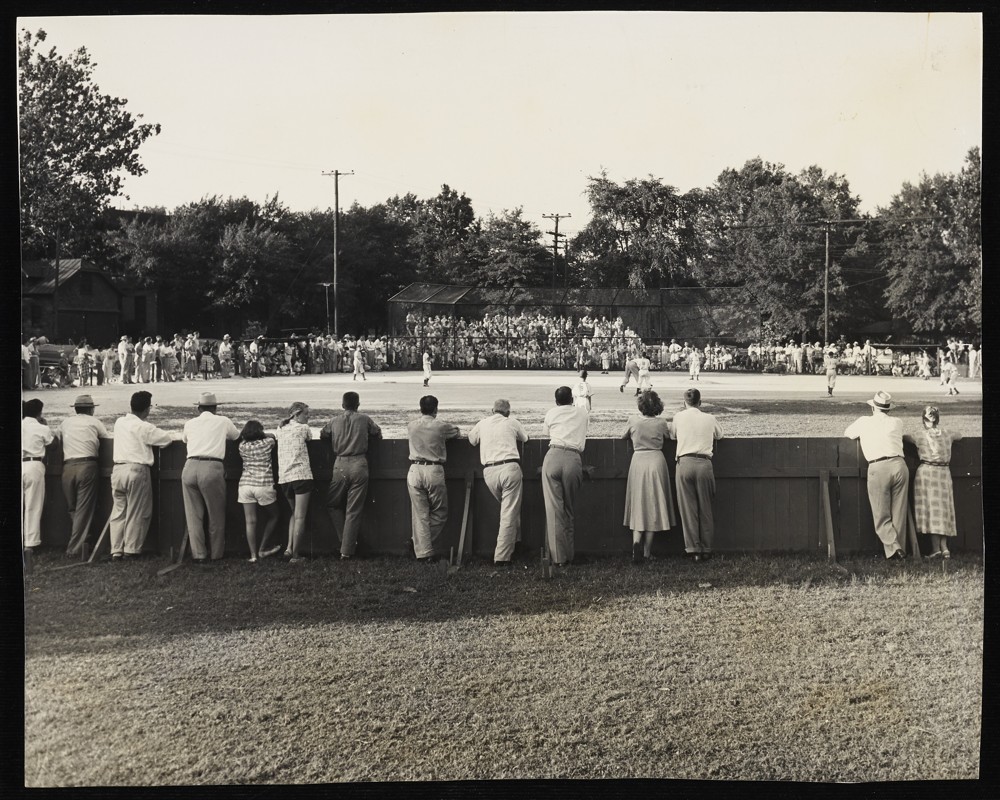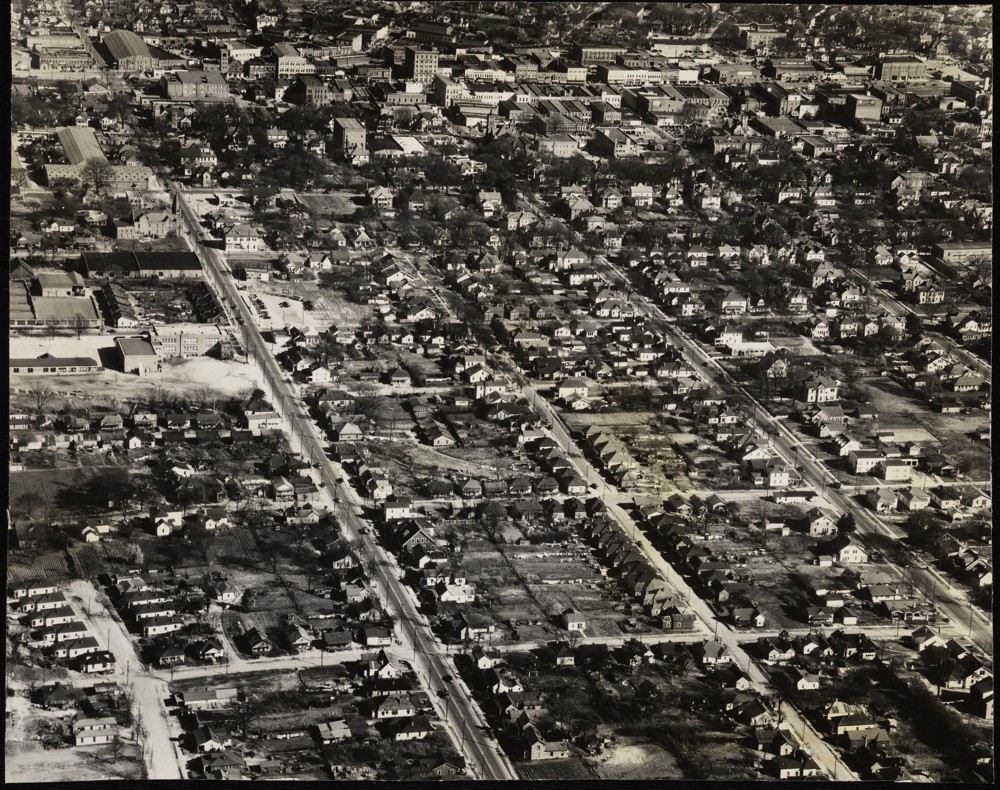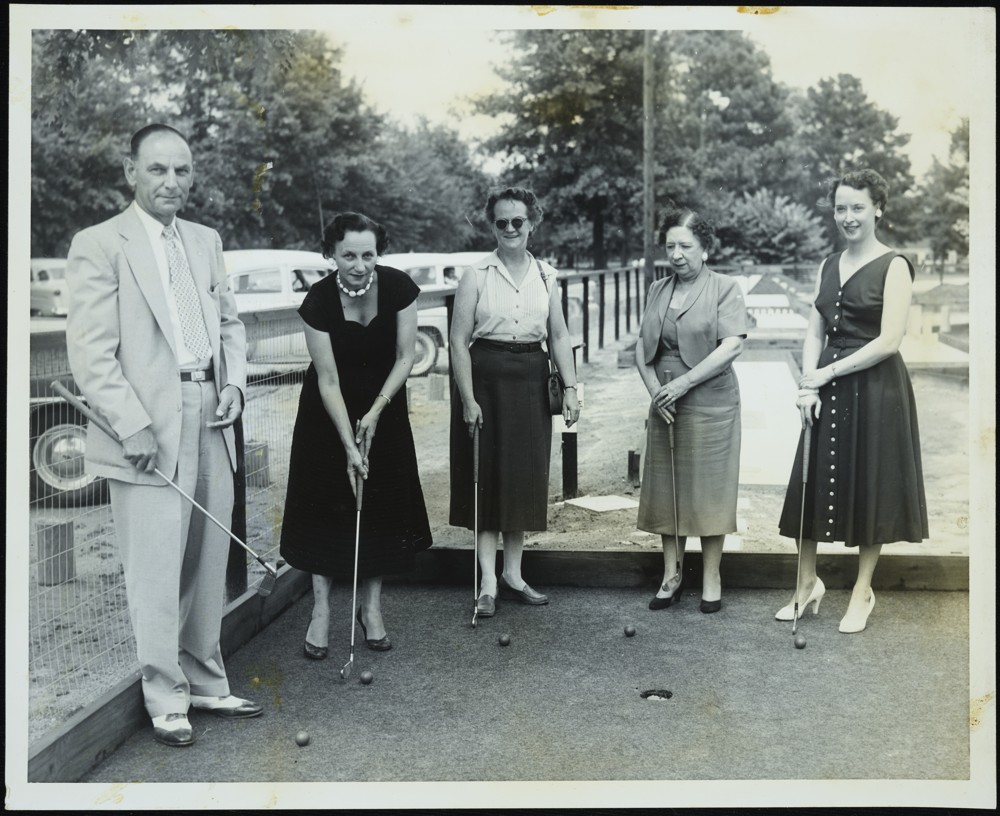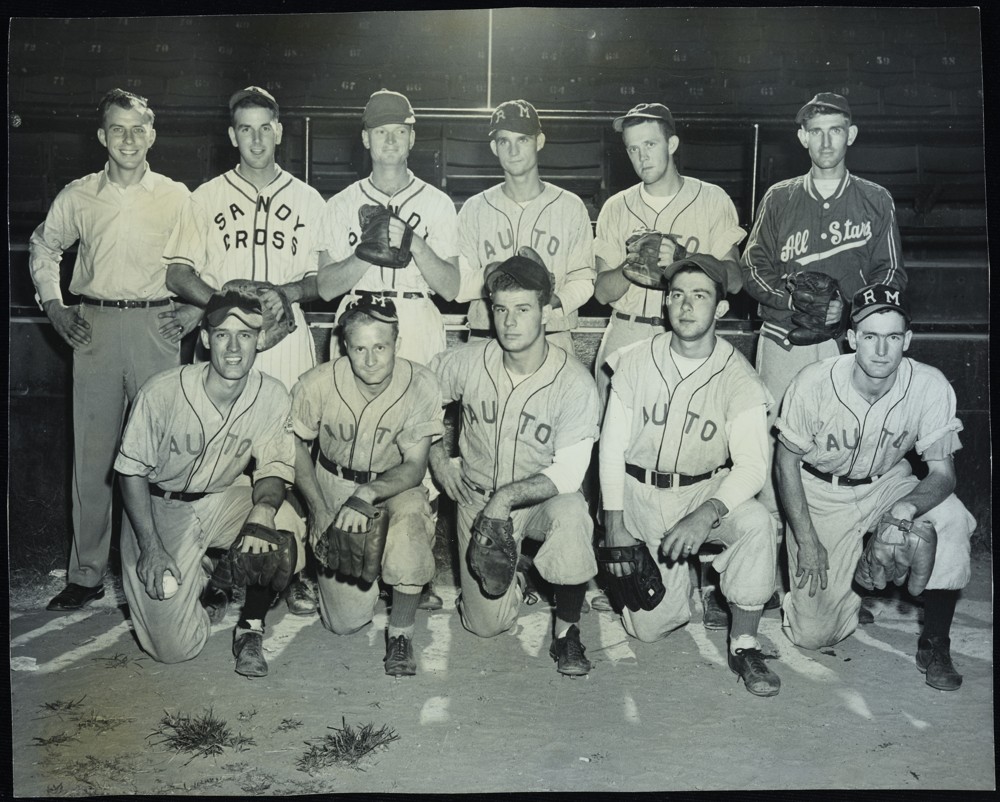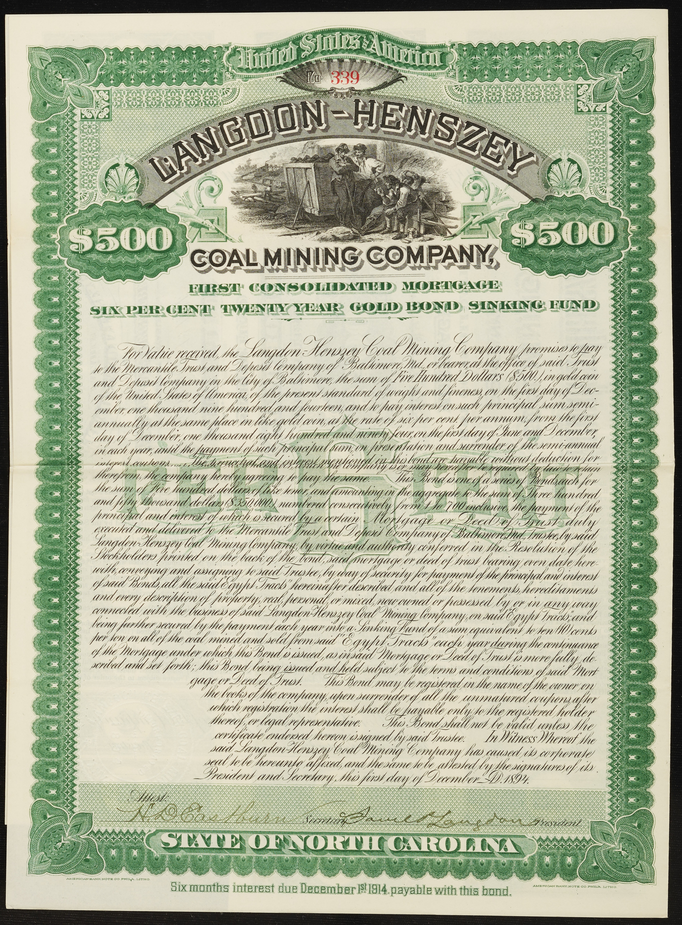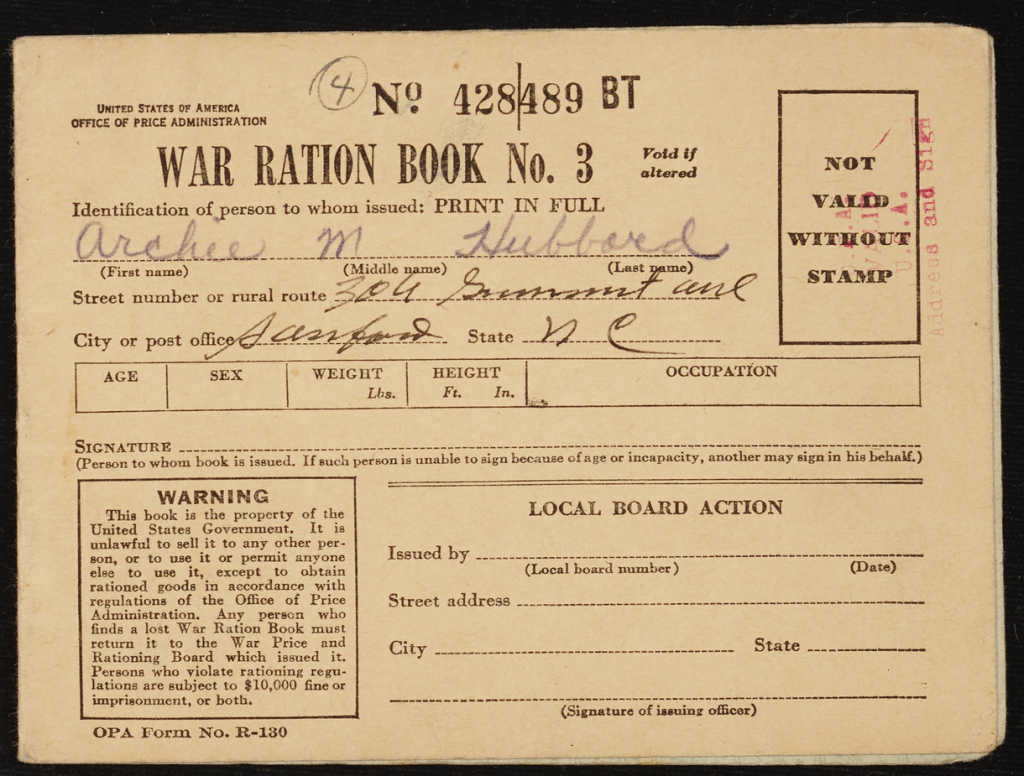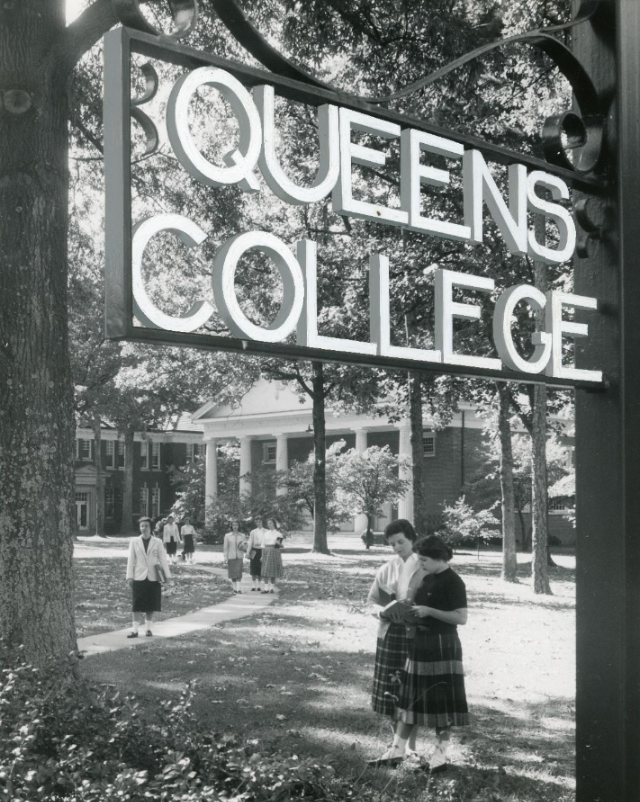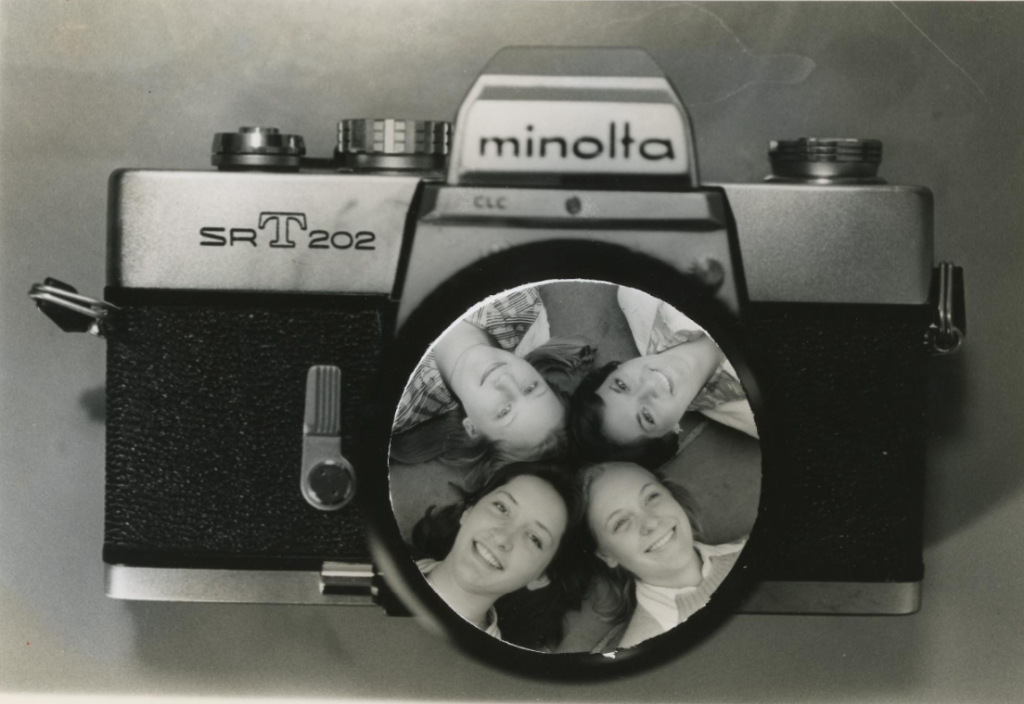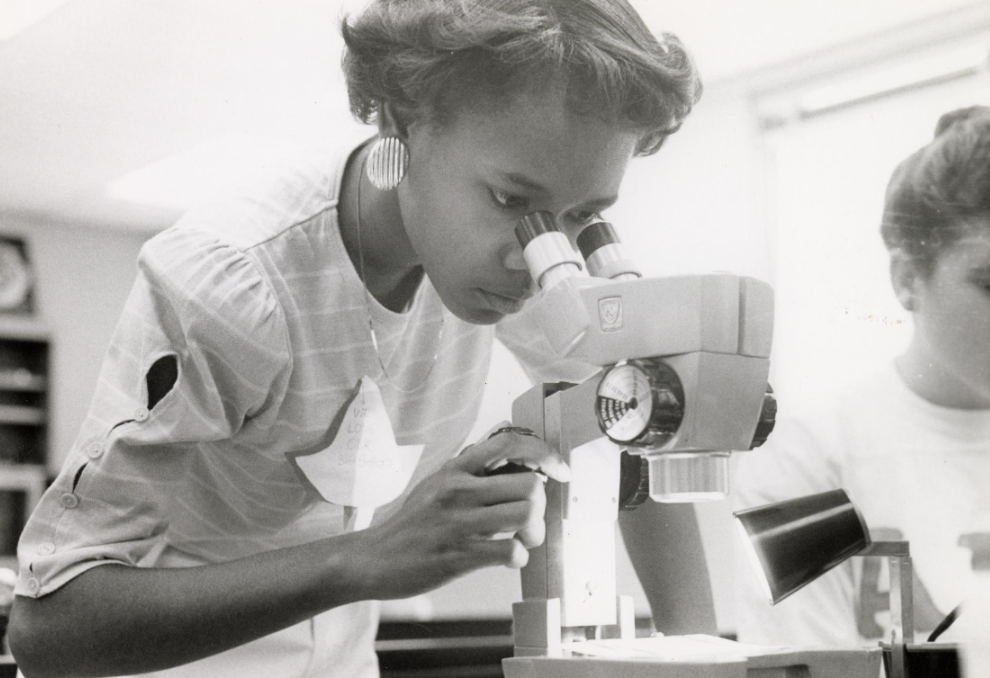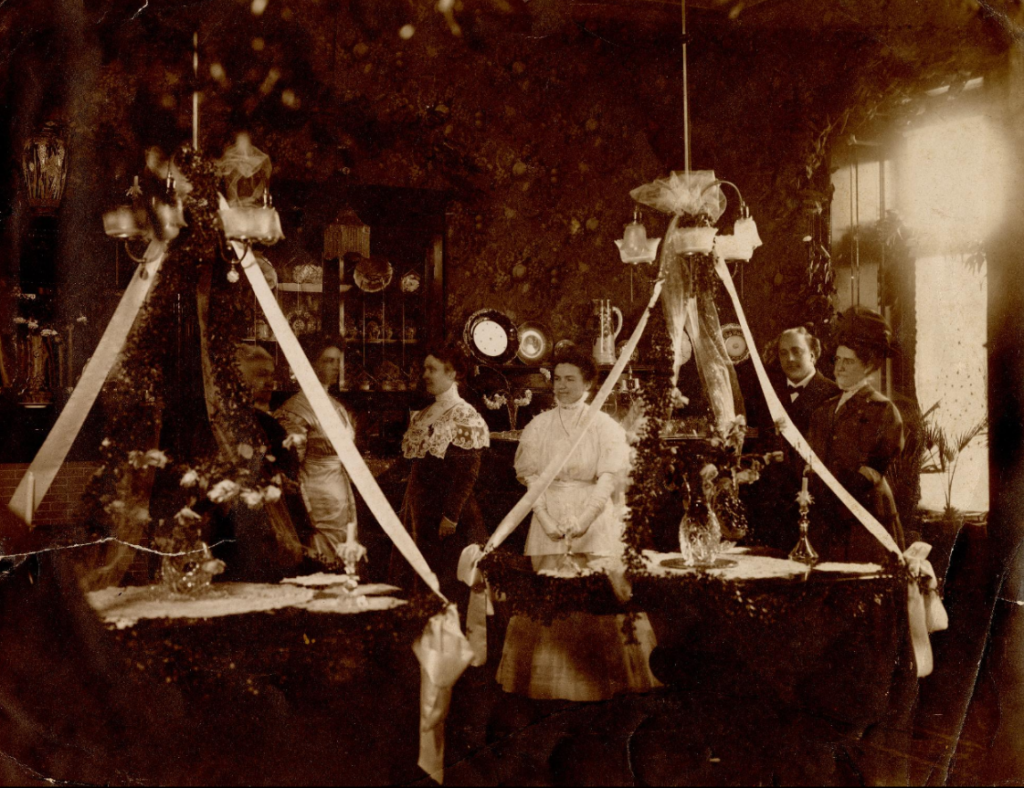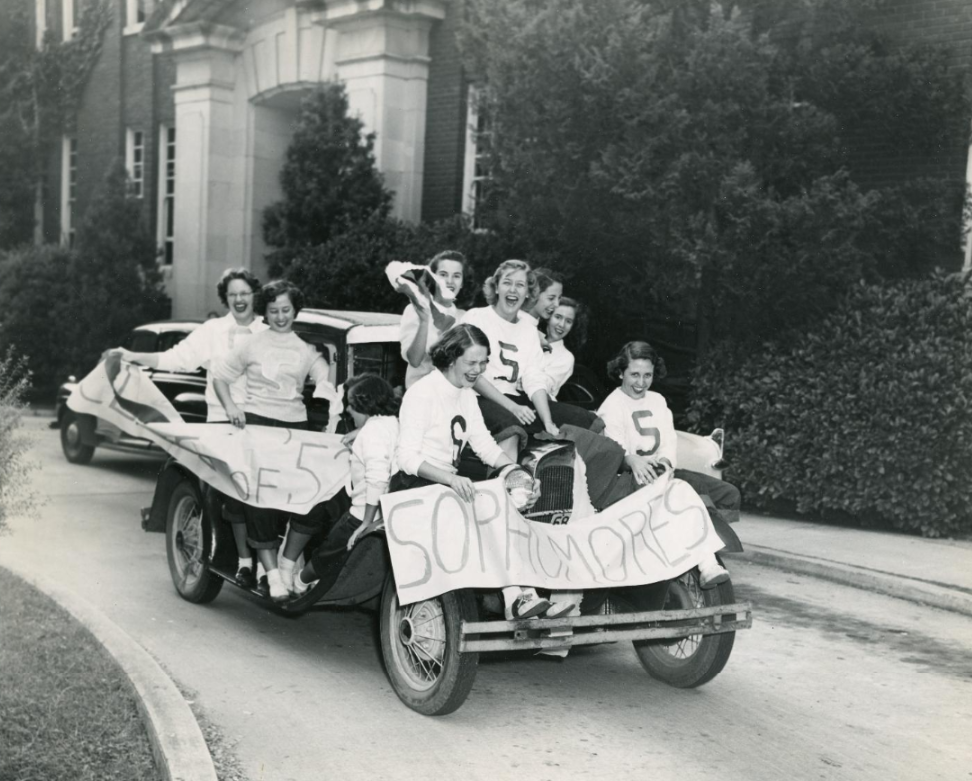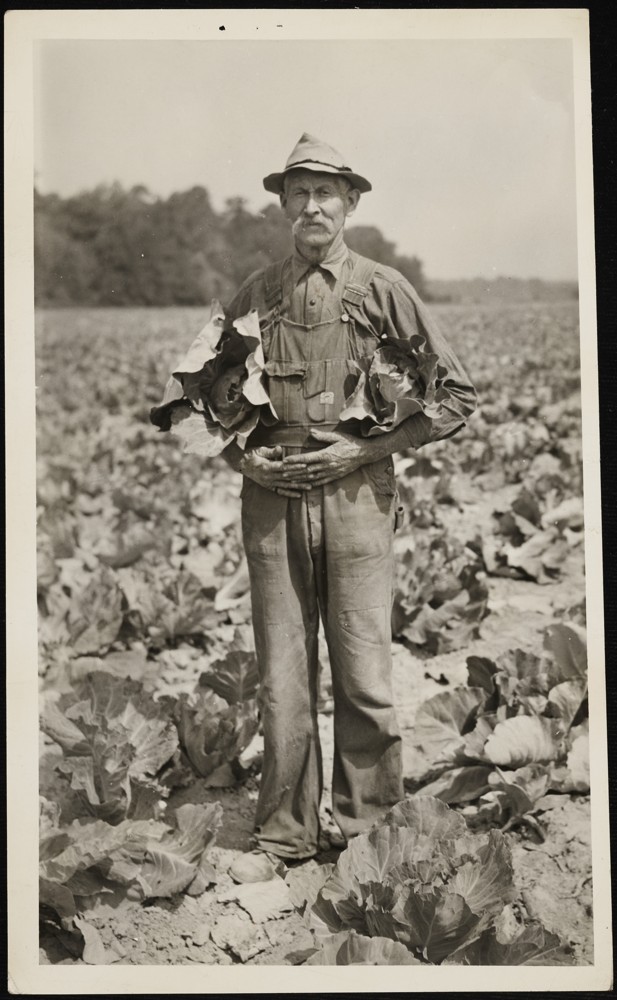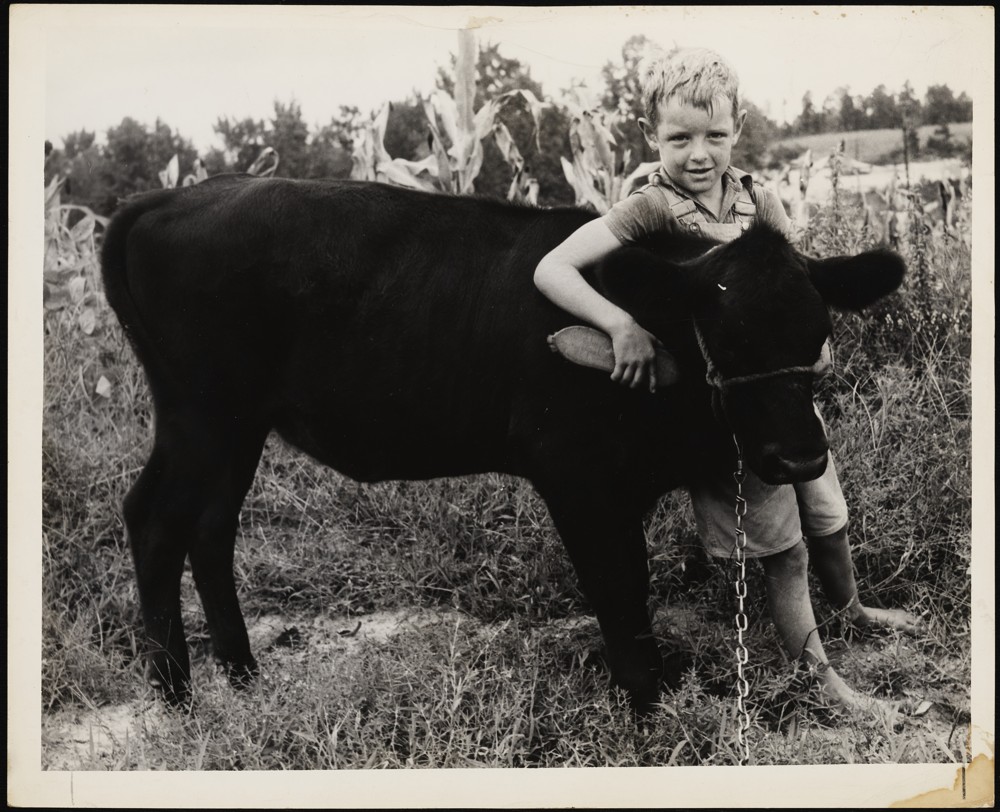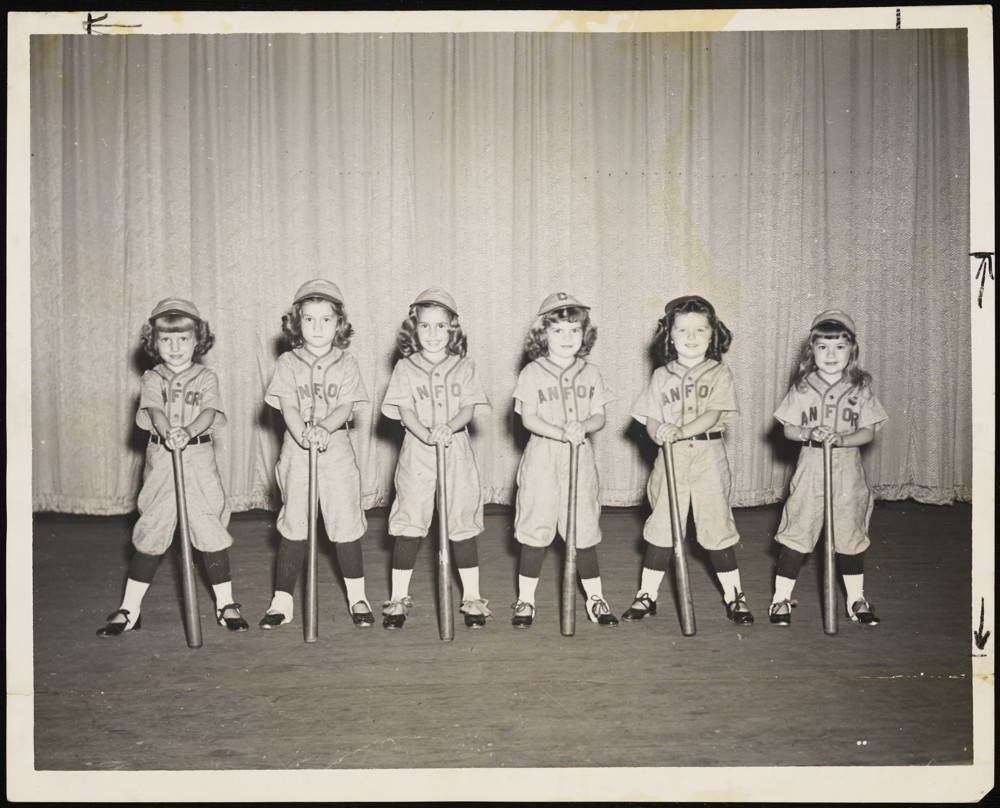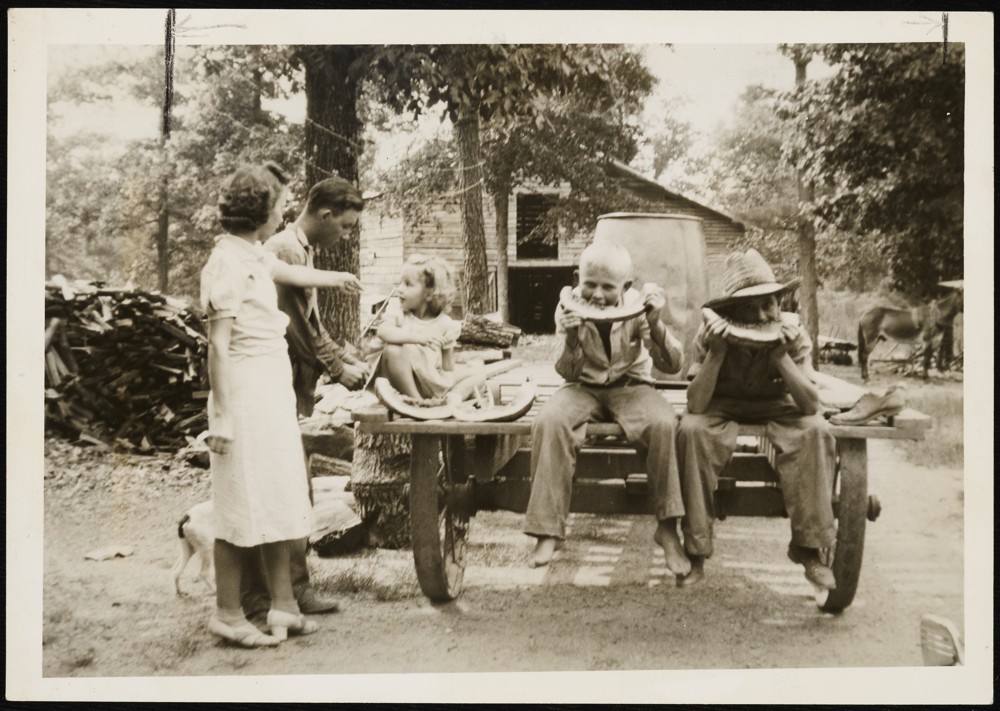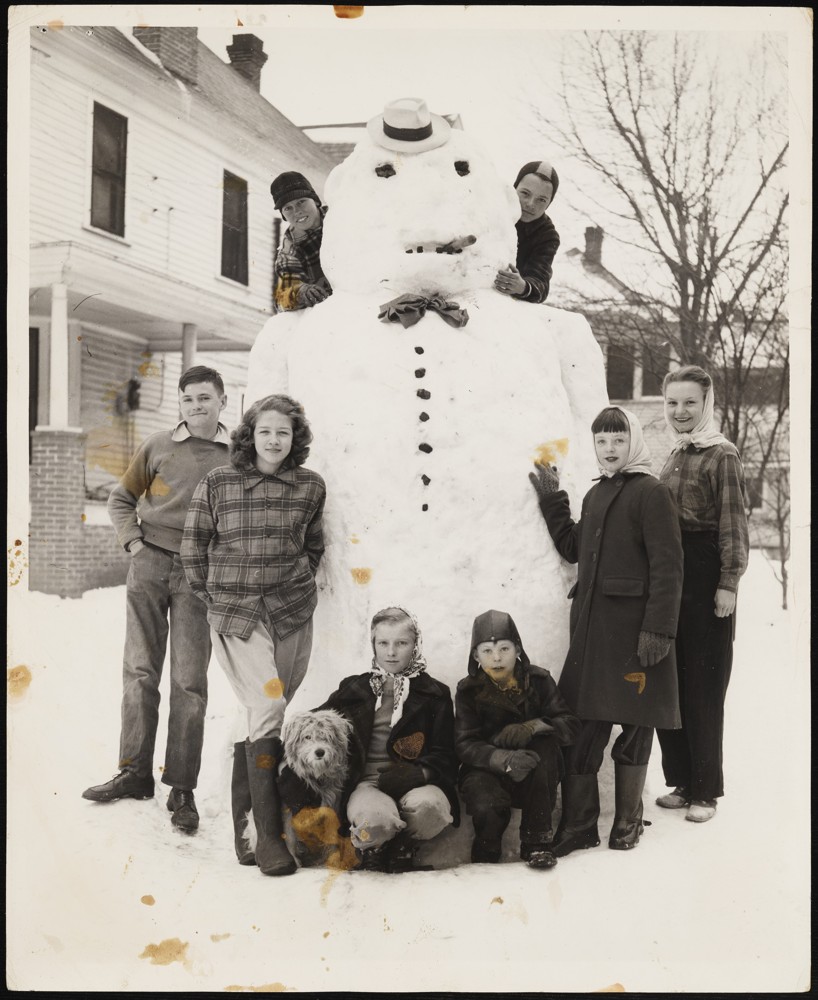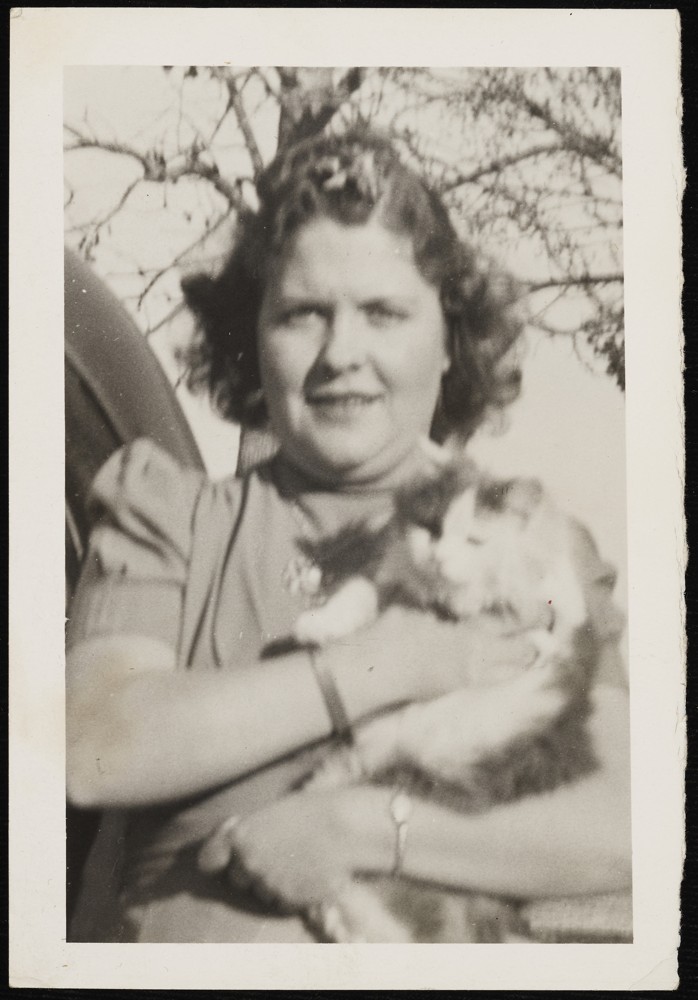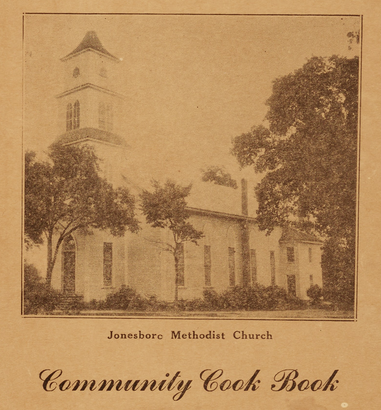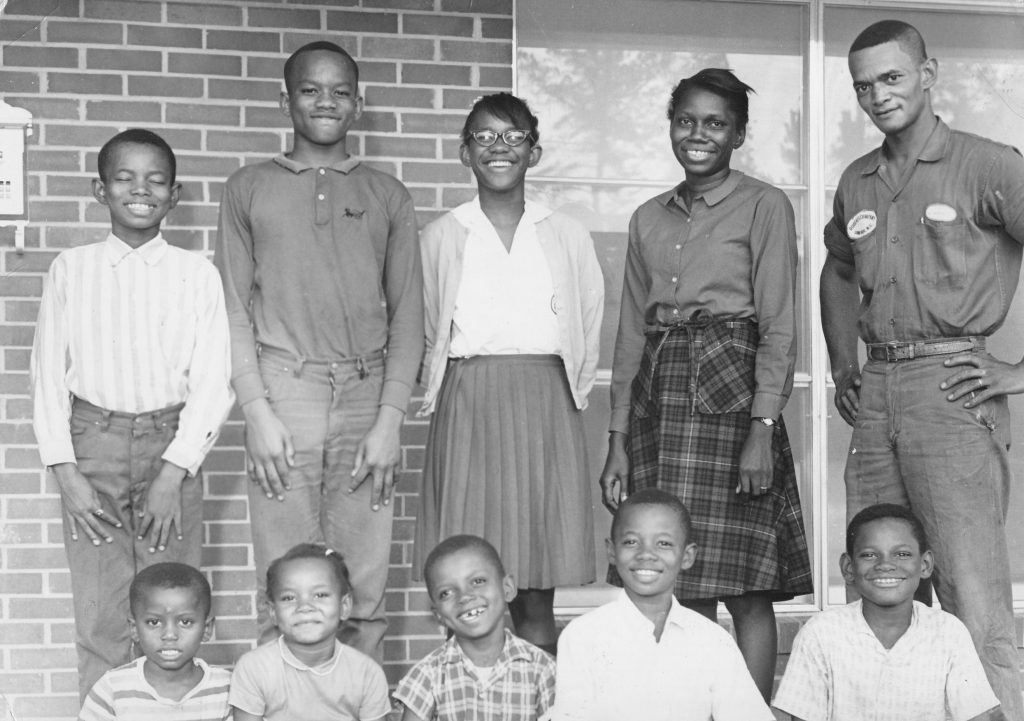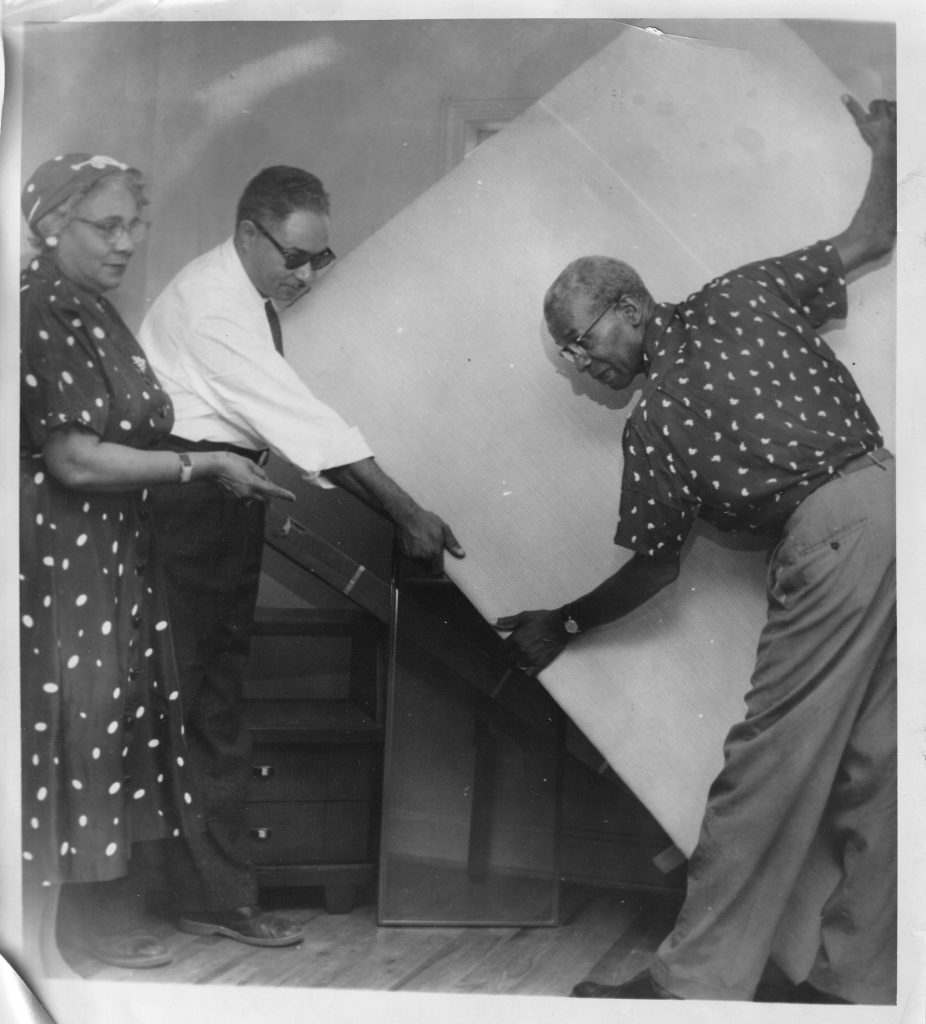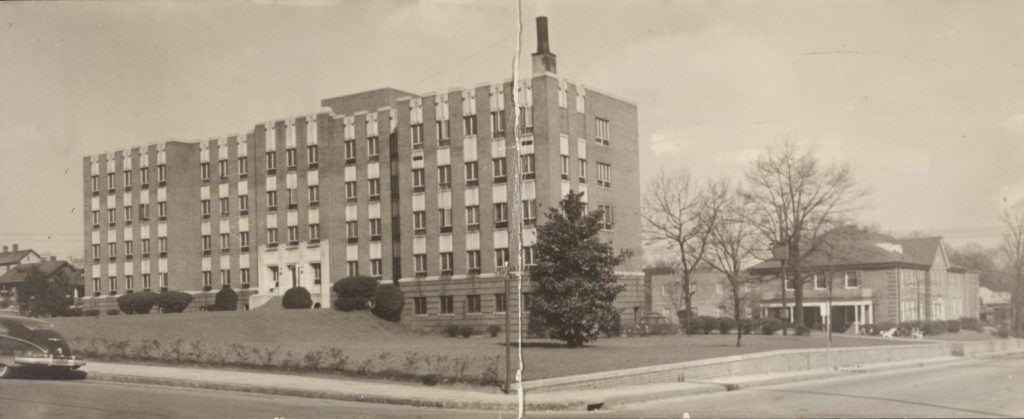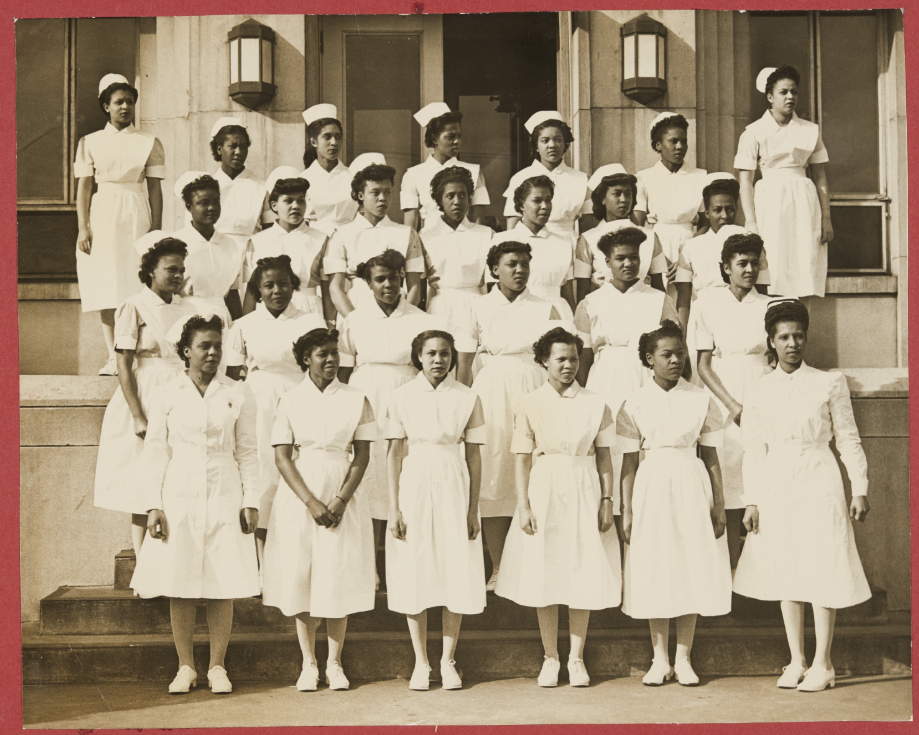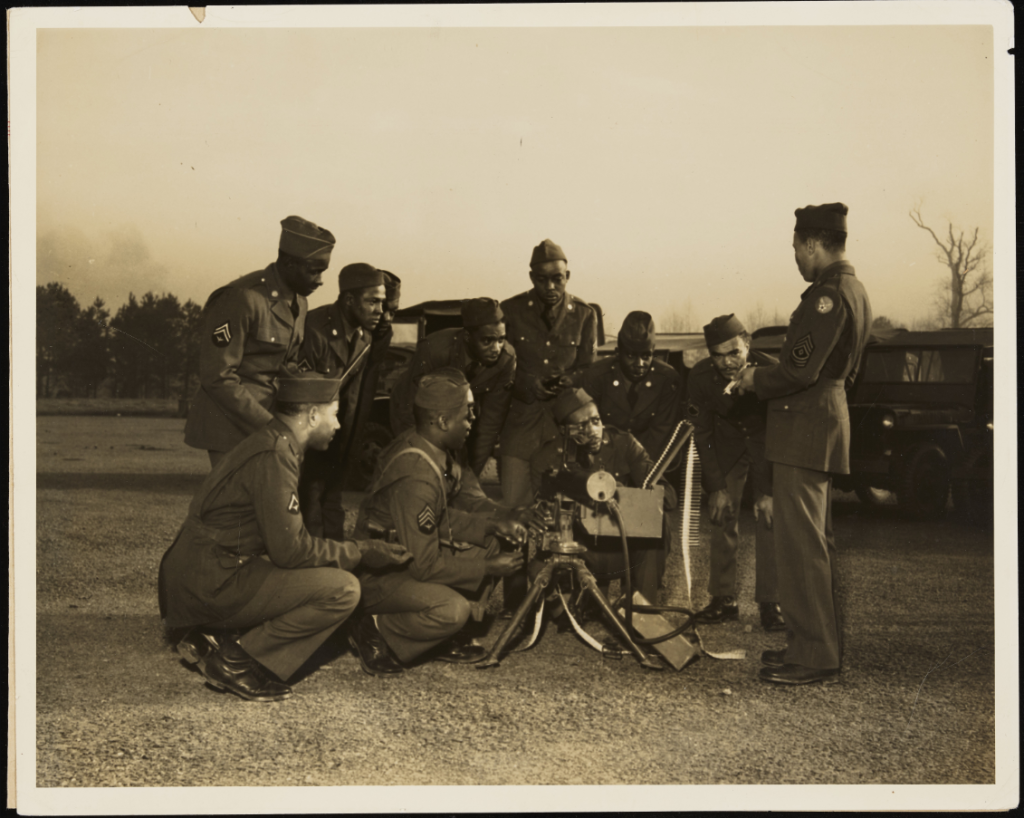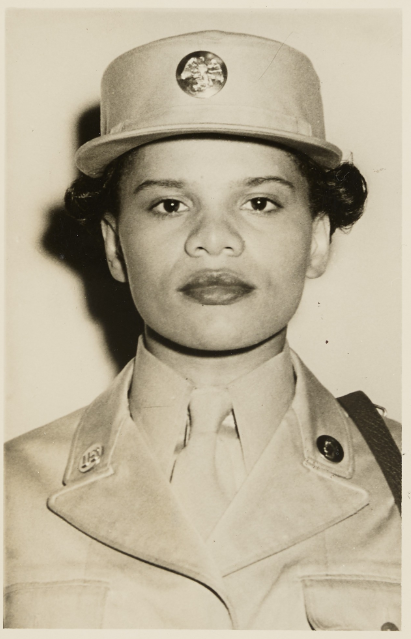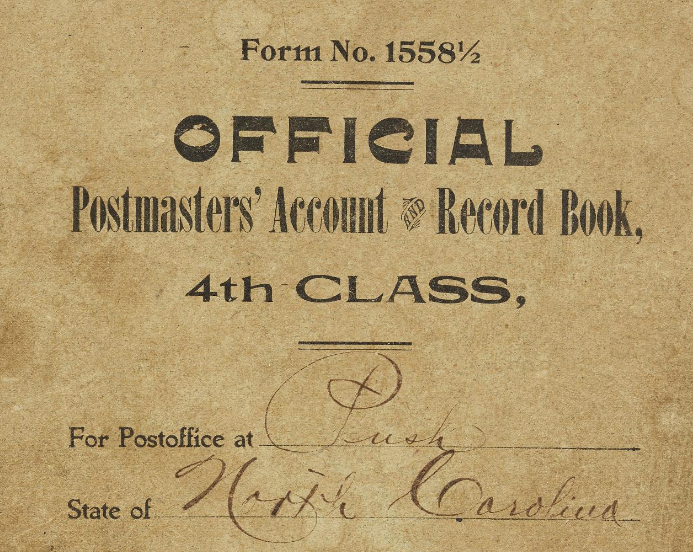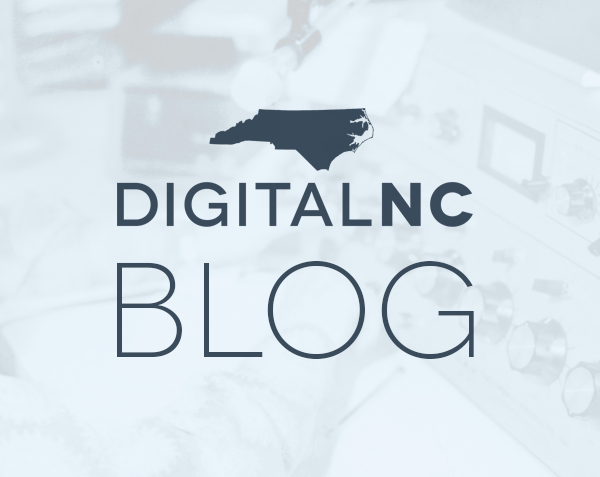Thanks to our amazing partners at Southwestern Community College, DigitalNC is pleased to announce that three new scrapbooks and a beautiful binder of photographs are now available online in our new Swain County Cooperative Extension exhibit! The new books and images represent the rich history of community involvement in and around Swain County, especially the efforts of the county’s 4-H and agricultural extension clubs. They include materials that date as far back as 1955, up until as recently as 2009.
4-H and other agricultural extension clubs were established in the mid-nineteenth century to foster community engagement with local agricultural resources and practices. The scrapbooks record these programs in actions, including community cattle judging contests, workshops on canning and babysitting, and school field trips to farms and forests. Clubs were often supported by both state and federal agencies, and Swain County’s programs were so successful they even gained a visit from Governor Dan Moore! A full range of agricultural programs are represented in the photos and clippings found in this collection, and they’re an excellent representation of the variety of industries that can be found in North Carolina, from tobacco and corn fields to vintage photos of cattle, swine, and sheep.
One of the best-represented 4-H programs found in this collection is Camp Swannanoa, a local summer camp that hosted Swain County’s students during school-time breaks. Camp Swannanoa is the platonic ideal of a classic summer camp in the woods of North Carolina, complete with old-school log cabins, campfire songs, and an archery range. One scrapbook is completely devoted to Swannanoa, recording the course of a typical summer from the arrival of counselors to the departure of campers on the last day. The scrapbook also records events organized in the off-season, such as workshops on gardening and community-beautification projects. It’s an excellent representation of 4-H clubs’ impacts on local communities, and the other scrapbooks are full of similar stories.
You can find the new photo album and scrapbooks online now at DigitalNC here. Thanks again to our fantastic partners at Southwestern Community College. You can find more records relating to the Swain County at DigitalNC’s new exhibit, the Swain County Cooperative Extension, here. Interested in finding more records relating to 4-H clubs? Try searching DigitalNC’s image collections here, or our general holdings of 4-H history here.
